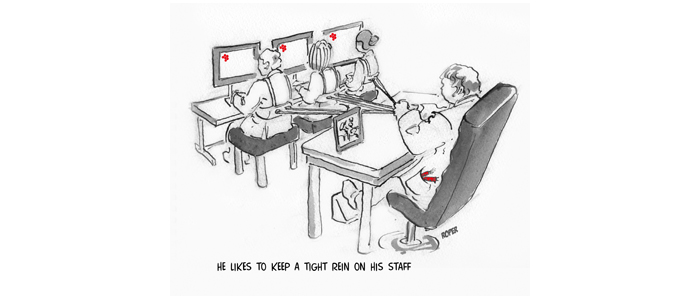Are you having trouble with people in your organisation finger-pointing and complaining about other individuals or departments? Just waiting for instructions and not thinking for themselves? Or seeming demotivated, just going through the motions?
A natural and easy response to this, it might seem, is some version of ‘throw money at it’. Perhaps like some of the business leaders we see, your first reaction is to give your staff some sort of treat, anything from doughnuts on a Friday, through a slap-up team party to an off-site activity event with quad bikes and abseiling. This may have a short term perking-up effect, but you will find it won’t significantly impact the kinds of issues we highlighted above.
“Ah,” you think, “perhaps they need a more lasting boost.” So you give them a Christmas bonus. Or an across-the-board pay rise. Or you revamp the company benefits scheme so there is a range of choices of salary add-ons to suit every taste.
But no, this doesn’t really seem to last either – and it costs your organisation a lot of money.
What’s going wrong? Counter-intuitively, there’s very little evidence to show that money motivates us, and quite a bit to suggest that it actually demotivates us. One classic analysis of the outcomes of over 100 studies showed consistent negative effects of incentives – from marshmallows to money – on motivation. The effects were particularly strong when the tasks were interesting or enjoyable rather than boring or meaningless: in other words, if your job is intrinsically enjoyable and you’re feeling a bit demotivated, you’ll actually feel even more so if your company tries to buck you up by paying you more.
Of course, that doesn’t mean that anybody will, or should, work for free. We all need to pay our bills and provide for our families — but once these basic needs are covered the psychological benefits of money are questionable.
Another study showed that you’re more likely to like your job if you focus on the work itself, and less likely to enjoy it if you’re focused on money. This finding was true even at low salary levels – Gallup studies have found no correlation between engagement and salary levels. If you’re sceptical, you might think this just shows that people who don’t like their jobs have nothing to think about other than the money. That could be one reason; another could be that people who focus too much on money prevent themselves from enjoying their jobs.
So what are people looking for from you?
It looks as if people need three key things from their leaders:
- A sense of being part of a larger enterprise – an organisation that’s moving forwards, going somewhere and succeeding. And they’ll never know whether this is the case with your organisation unless you keep them continually updated and included.
- The chance to satisfy their intellectual curiosity and learn new skills, and be personally appreciated and acknowledged for doing so. Your status as an organisational leader makes this effect particularly strong, so teach yourself to engage with your staff and give frequent, honest and genuine positive feedback.
- Trust in their managers and regular, honest communication from them – the biggest organisational cause of disengagement is incompetent leadership. So keep the lines of communication open and talk regularly to your staff, both in groups and one on one.
What are your experiences of motivating disgruntled staff? Would you throw money at it? We’d love to hear what your thoughts below.
